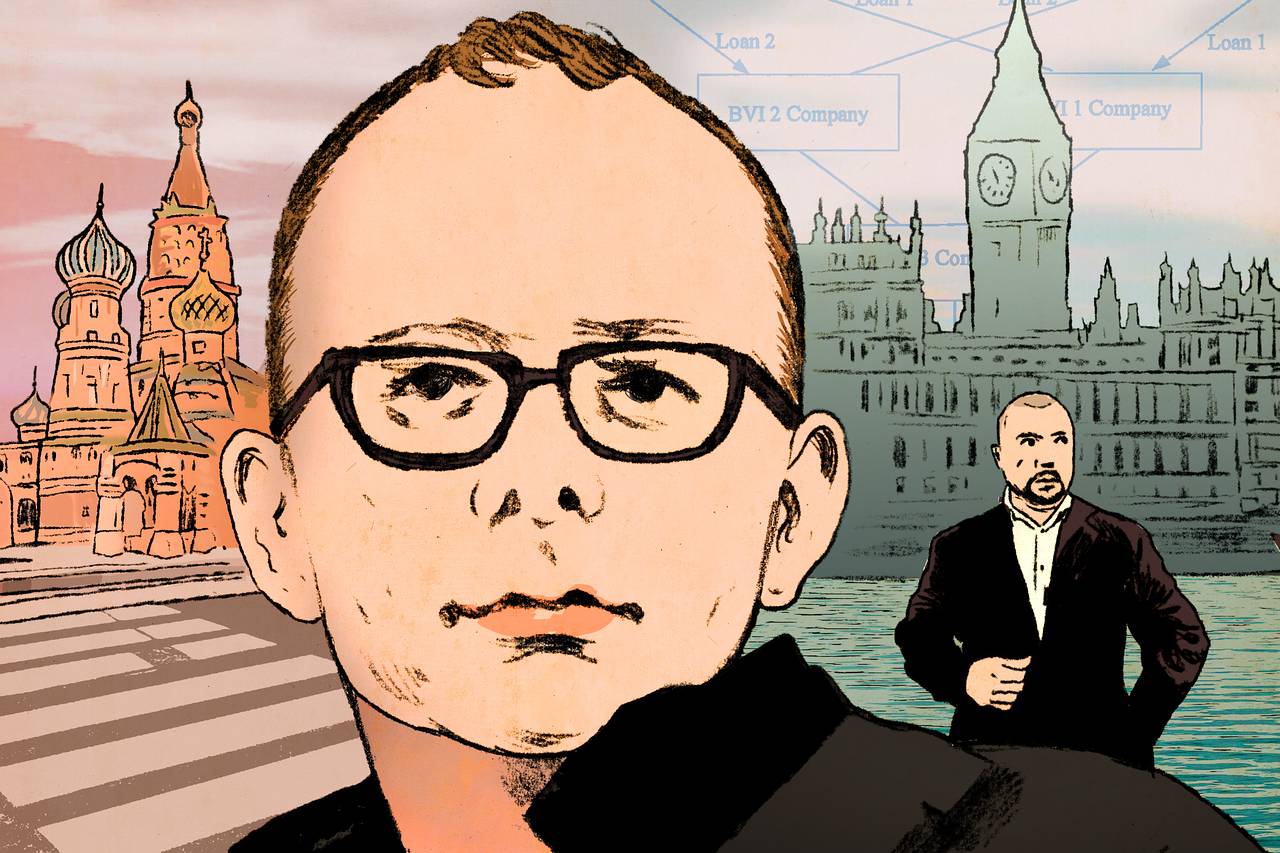Business
Russia’s Mortgage Dilemma: Changing Attitudes in a Post-Soviet Era

In an intriguing twist of fate, the concept of mortgages in Russia has evolved from an idea long shunned by citizens into a subject of serious discussion. For decades, Soviet-era propaganda painted credit as a perilous path, casting mortgages as instruments of ‘debt slavery.’ This historically negative perception has cast a long shadow, making mortgages a tough sell even after the fall of communism.
Vladimir Putin, the current president of Russia, has devoted much of his two-decade tenure to altering public perception surrounding home loans. Back in 2003, during his first term, he delivered a passionate appeal, asserting that mortgages could be pivotal in addressing the nation’s pressing housing crisis. Nevertheless, his entreaties at the time seemingly fell on deaf ears, as many Russians still preferred the comfort of saving up to purchase homes outright.
Fast forward to today, and we find ourselves at a crossroads. The skepticism that has hindered the adoption of mortgages is now being tested amidst changing economic dynamics. As housing affordability remains a critical issue for many Russians, the prospects of breaking the tradition of outright purchases might just be worth considering.
Consumer banks in Russia are beginning to feel the pressure as economic uncertainties loom over the nation. This has resulted in a tightening of credit conditions, further complicating the matter for potential home buyers. Without adequate access to financing, many may be forced to prolong their wait for home ownership.
Meanwhile, the conversation around housing extends beyond mortgages. Political instability, shaped by both domestic and international events, continues to pose a significant threat to the economy. The effects of this instability reverberate particularly in how banks approach lending and how consumers view taking on debt.
Yet, amidst this tumult, there are signs indicating a shift in consumer attitudes. Younger generations, who are less burdened by the memories of Soviet-era sentiments, seem to be more open to the idea of mortgages. Their perspective is influenced by modernized social narratives that frame credit as a tool for building wealth rather than a pathway to financial ruin.
Putin has tried to cultivate this changing mindset through various initiatives aimed at promoting home ownership. Various government-backed schemes and incentives have been introduced over the years to encourage Russians to seriously consider mortgages. However, the long-standing caution around debt remains a formidable barrier.
As political discussions heat up, there are diverging views on the handling of economic challenges. Moderates propose to limit the influx of foreign influence on Russian markets, while more radical suggestions include mass deportations that would significantly shift the labor landscape. Each stance carries its economic consequences, though the outcomes remain speculative.
Across the board, the consensus remains that currency meddling is unlikely to solve Russia’s deeper economic woes. The complexities of the global economy mean that localized measures often fall short of producing the desired results.
In the background, consumer banks are grappling with struggling loan portfolios. The overall economic climate has led to an increase in default rates, forcing banks to reassess their lending strategies. In this high-stakes environment, the reluctance of Russians to embrace mortgages could serve as a significant hurdle in reviving both the housing market and the broader economy.
As these developments unfold, it’s important to note that the story of mortgages in Russia is not merely about home ownership, but intertwined with individual perception, economic conditions, and political currents. The potential for change appears to hang in a delicate balance, shifting with every new policy proposal and economic statistic.












